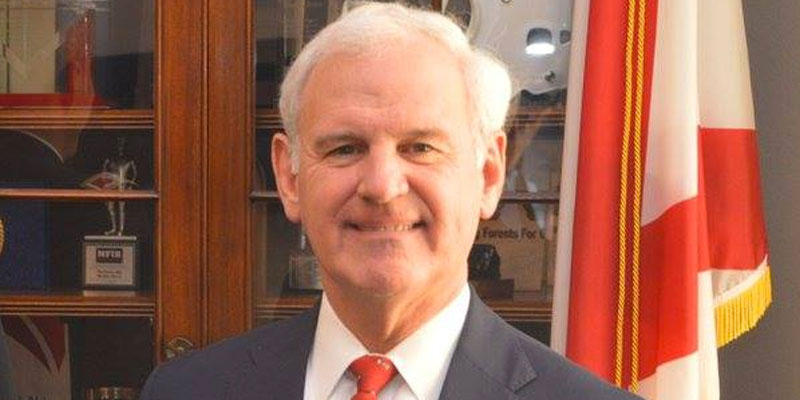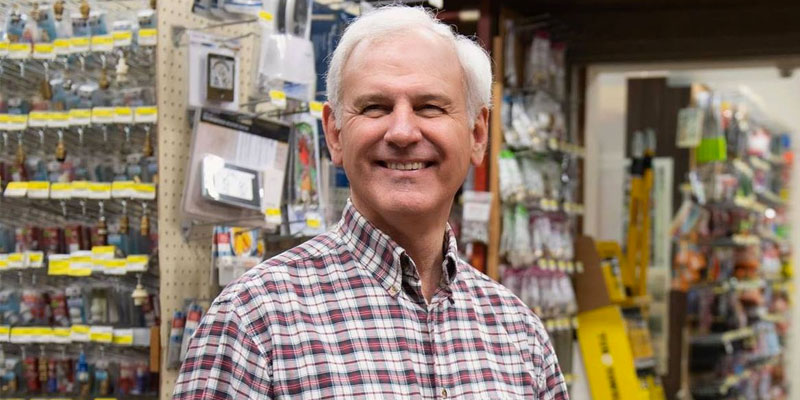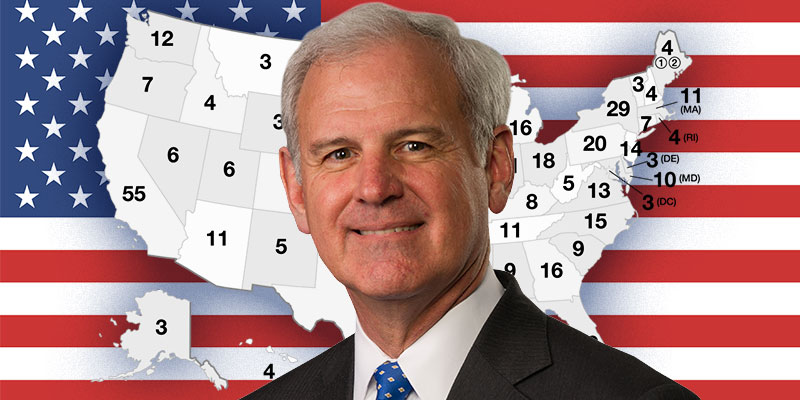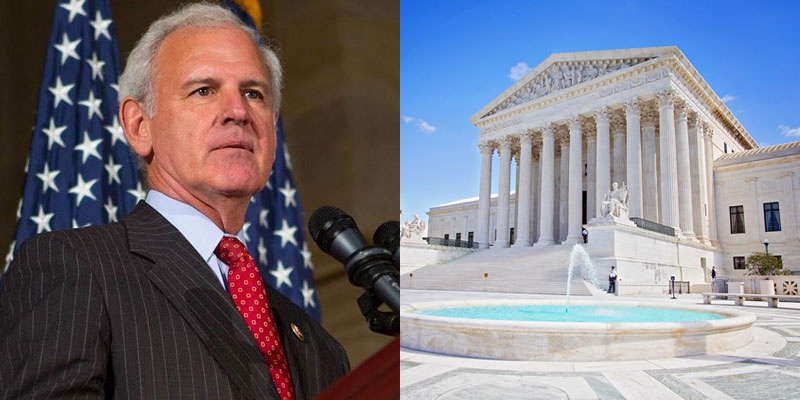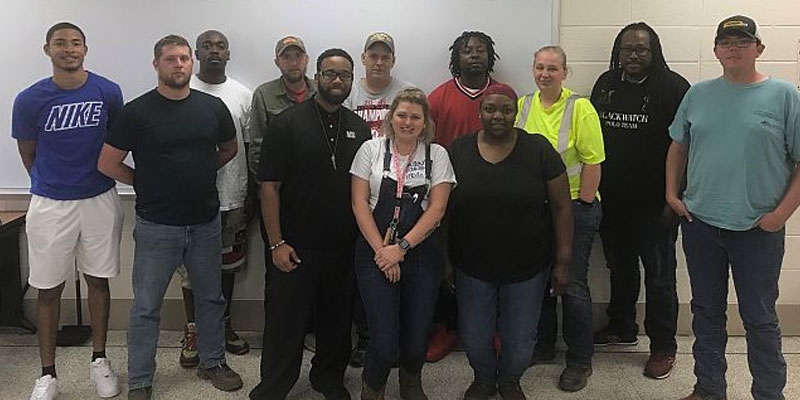War-time letters throughout our nation’s history can offer us a window into the personal sacrifices of our fighting men and women. Perhaps one of the most famous was by Major Sullivan Ballou of the Second Rhode Island Infantry, written just before the First Battle of Manassas in the Civil War.
In it, he talks of his love for his wife, Sarah, and his deep devotion to the cause for which he is fighting. He also expresses his worries and fears over the coming engagement and his sorrow that, were he not to return home, he will miss his sons growing up to “honorable manhood.”
“I have sought most closely and diligently, and often in my breast, for a wrong motive in this hazarding the happiness of those I loved, and I could not find one. A pure love of my country, and of the principles I have often advocated before the people, and ‘the name of honor, that I love more than I fear death,’ have called upon me, and I have obeyed. … But, O Sarah, if the dead can come back to this earth, and flit unseen around those they loved, I shall always be near you… always, and, if the soft breeze fans your cheek, it shall be my breath; or the cool air cools your throbbing temples, it shall be my spirit passing by. Sarah, do not mourn me dead; think I am gone, and wait for me, for we shall meet again.”
Oliver Reed of the 20th Continental Regiment wrote to his wife of the hardships of Valley Forge, the Battle of Long Island and a number of skirmishes, saying, “God grant that we may Live to [meet] again in this World: if not tis my [desire] and Prayers to God that we may met in the Heavenly World whare thare is no more Deth [sic].”
Staff Sgt. Eugene Lawton was one of the thousands of soldiers, sailors and airmen of the Allied Expeditionary Force landing in Normandy in June of 1944, only 75 years ago. Writing to his parents, “For right here was history in the making. Events taking place that kids will be reading about in future at school. Yes, I for one was proud that I had the honor of helping in my small way in this present conflict.”
Two weeks after writing his letter to Sarah, Maj. Ballou was killed by cannon fire at First Manassas. Oliver Reed died in October of 1778 in a hospital in Connecticut after falling ill in camp. Sgt. Lawton was killed only a few months after D-Day during the Battle of the Bulge.
This week, many will celebrate Memorial Day. For some, it is a day to celebrate the freedoms we enjoy with barbeques, pool parties and fireworks.
For you, though, I hope you will take time to reflect on the countless dead who, in service and devotion to their country, gave up their desires of freedom and happiness for those they loved and those that would come after.
Memorials to the fallen are not obelisks standing in fields. They are not towering statues or roadside markers. They are not marble tombs or stone walls.
The real memorials to those who surrendered their lives for our freedoms are the farmers plowing their fields. They are towering skyscrapers and roadside markets. They are marble counters and stone floors in our homes and churches.
We owe all that we are, our very way of life, to those who gave all they had.
For as long as it takes to walk to your car, or to microwave popcorn, or to listen to the national anthem at a ball game, say a prayer of thanks this week for all who have gone before.
U.S. Rep. Bradley Byrne is a Republican from Fairhope.




